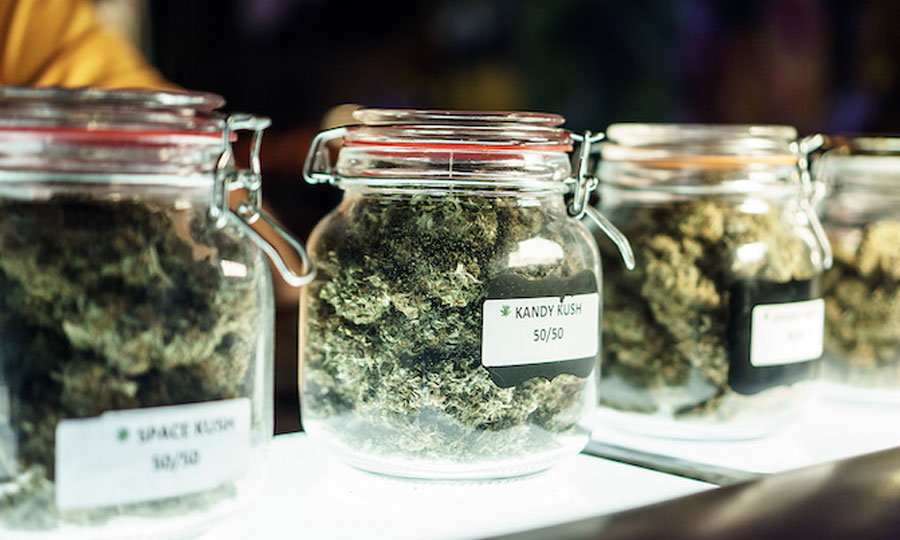
NEW YORK – Drug-policy reform advocates say New York’s latest marijuana decriminalization law doesn’t do enough to address the legacy of discriminatory drug law enforcement.
The bill, signed into law Monday by Gov. Andrew Cuomo, makes possession of less than two ounces of marijuana a violation subject to tickets and fines, and includes automatic expungement of past convictions for low-level offenses. But according to Melissa Moore, deputy state director for the Drug Policy Alliance, the new law still gives police wide discretion to continue making arrests.
“The only way to stop the extreme harms that are caused through disproportionate and biased enforcement of marijuana prohibition is to remove that tool entirely,” Moore said.
She is advocating for legalization and regulation. Proponents of the new law say expunging past low-level convictions will help address disparate impacts of past enforcement practices.
Moore acknowledged many people could be positively impacted by that provision of the law.
“In the very immediate sense, it should mean that somebody who’s had a low-level possession arrest previously hopefully wouldn’t have that hanging over their heads as they seek employment or housing or higher education, for example,” she said.
She added there have been about 900,000 arrests for low-level marijuana charges in New York over the past two decades.
Moore pointed out simply reducing misdemeanors to violations doesn’t stop the underground trade in marijuana, estimated at $3 billion-a-year in New York. But legalization and regulation could bring in about $1 billion a year in new tax revenue.
“That could actually be reinvested in building up places that have borne the hardest brunt from prohibition, making sure that we’re proving restitution and reinvestment in those communities,” Moore said.
Although full legalization failed to clear the Legislature this year, she said she feels confident a legalization bill could pass in the coming session.



Comments are closed.